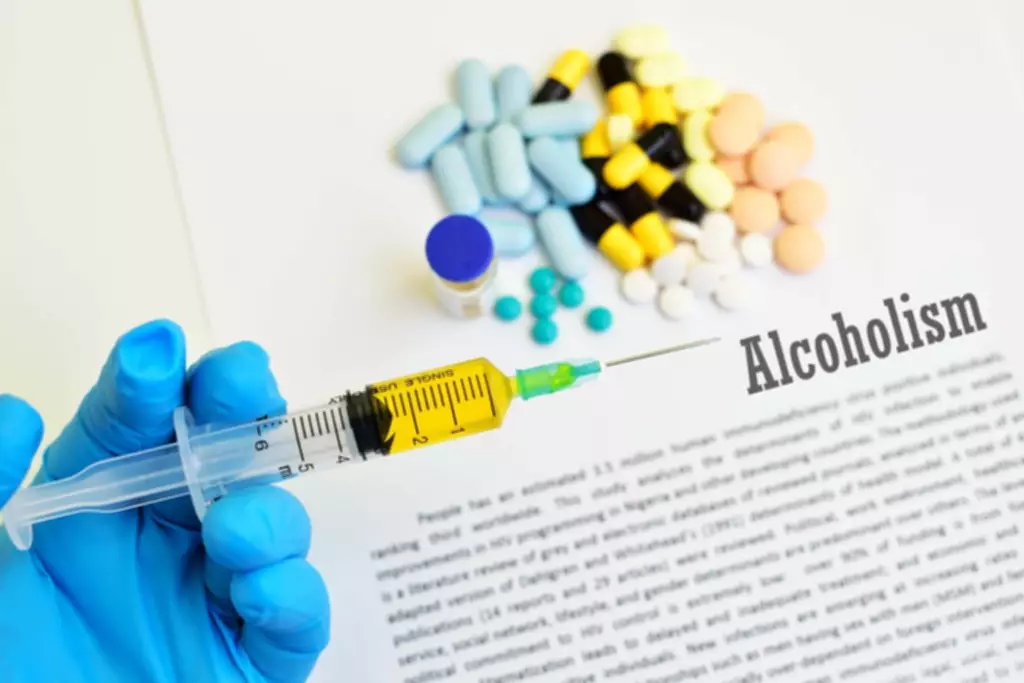Some people relapse several times before new behavior becomes a regular part of their lives. Thus, it is important to learn about and use https://ecosoberhouse.com/article/9-most-important-relapse-prevention-skills-in-recovery/ techniques. Before discussing prevention, it is useful to understand the nature of relapse. A relapse prevention plan is used to help keep a person from using a substance after they have decided to quit.
- A variety of drugs are used to help individuals in the process of recovery from addiction.
- Principles of relapse prevention have been used in the treatment of sex offenders.
- It encourages people to see themselves as failures, attributing the cause of the lapse to enduring and uncontrollable internal factors, and feeling guilt and shame.
- It might mean entering, or returning to, a treatment program; starting, or upping the intensity of, individual or group therapy; and/or joining a peer support group.
- Addiction Resource does not favor or support any specific recovery center, nor do we claim to ensure the quality, validity, or effectiveness of any particular treatment center.
- Deep breathing, and the resulting increased oxygen flow, also encourages your body to exhale toxins.
Commit to talking with one or more of the support group members regularly. You can also reach out to them whenever you experience triggers or cravings. If you’re a support group member, keep trusted group members or leaders’ information in your prevention plan. If you fear you are at imminent risk of relapsing, contact them immediately.
Reducing Relapse Risk
Whenever feeling a craving to use, or in general feeling anxious or “off,” ask yourself if you are feeling any of these symptoms. The most common triggers for many recovering alcoholics and addicts are hunger, anger, loneliness, and feeling tired. By doing a regular inventory of HALT, one can help prevent the risk of relapse. Cognitive behavioral therapy is a well-established therapeutic approach that focuses on identifying and changing negative thought patterns and behaviors. It has gained prominence as an effective method for addiction treatment and relapse prevention. Relapse Prevention is considered among the most important clinical innovations in the substance use disorder treatment and recovery field, and continues to be one of the most widely practiced.
- Important milestones such as recovery anniversaries are often seen as reasons to use.
- They may not recognize that stopping use of a substance is only the first step in recovery—what must come after that is building or rebuilding a life, one that is not focused around use.
- As a result, disulfiram acts as a deterrent against an alcohol relapse until the body metabolizes the medications.
- They feel they have lost part of their life to addiction and don’t want to spend the rest of their life focused on recovery.
- Relapse prevention skills are essential to learning to live a happy life in recovery.
A simple test of whether a person is bending the rules is if they look for loopholes in recovery. A warning sign is when clients ask for professional help and consistently ignore the advice. The most important rule of recovery is that a person does not achieve recovery by just not using. Recovery involves creating a new life in which it is easier to not use. When individuals do not change their lives, then all the factors that contributed to their addiction will eventually catch up with them.
Relapse Prevention: How To Create A Relapse Prevention Plan
Breathing is not only connected to various essential functions throughout your body, but it also has a large effect on your brain chemistry. Breathing greatly impacts your emotions and helps regulate your overall mood. This is why deep breathing is so essential with one’s mental health. The core concept of mindfulness is paying attention, awareness, or focus on what you’re doing, where you are, who you’re with, and more. To start the process of becoming more mindful, simply notice what you are doing with no judgement. It can be helpful to write down one’s daily activities by tracking them with a smartphone to bring more awareness to what you are doing, thinking, and feeling.

Many think a lapse means the failure of a patient to recover successfully. A significant statistical connection exists between post-traumatic stress https://ecosoberhouse.com/ disorder (PTSD) and addiction. In the general population, approximately 3-7 percent of people grapple with a substance use disorder (SUD).




